
Shopping Cart
Description
New York Times bestselling author Monica Hesse delivers a gripping thriller that will leave you guessing until the last page.
Seven months ago, Edda was on the World War I front lines as one of two hundred “Hello Girls,” female switchboard operators employed by the US Army. She spent her nights memorizing secret connection codes to stay ahead of spying enemies, and her days connecting vital calls between platoons and bases and generals, all trying to survive—and win—a brutal war. Their lives were in Edda’s hands, and one day, in fateful seconds, everything went wrong.
Now, Edda is back in Washington, DC, working as an American Bell Telephone operator, the picture of respectability. But when her shift ends, Edda is barely hanging on, desperate to forget the circumstances that cut her time overseas short. When she receives a panicked phone call from someone who utters the fateful code word “Brightwood,” Edda has no choice but to confront her past. With precious few clues and help only from Theo, a young man bearing his own WWI scars, Edda races to uncover what secrets may have followed her across the ocean.
Timely and unforgettable, The Brightwood Code sheds light on hidden history and the brutality of being a woman in a war built by men.
“The Brightwood Code has everything I love in a book.” —Stacey Lee, New York Times bestselling author of Reese’s Book Club pick The Downstairs Girl
“Page-turning.”―The Washington Post
About the Author
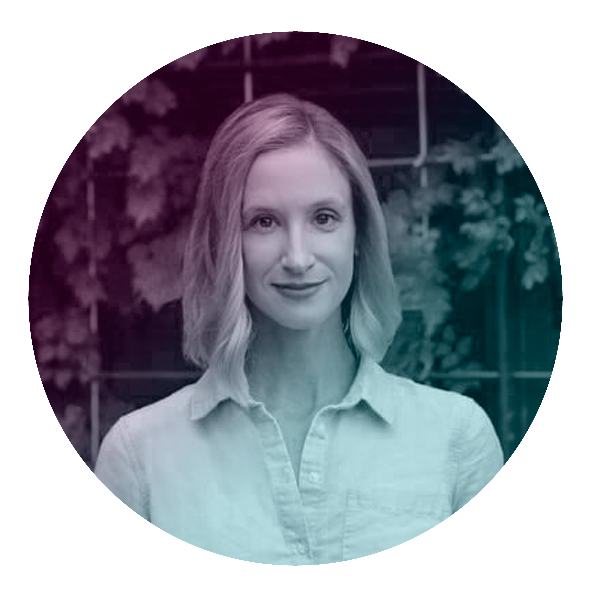
Monica Hesse is the New York Times bestselling author of Girl in the Blue Coat, American Fire, The War Outside, and They Went Left, as well as a Pulitzer Prize finalist columnist at the Washington Post. She lives outside Washington, DC with her family. Monica invites you to visit her online at monicahesse.com.
From NOVL Nation
“Since I had a hard time putting down The Brightwood Code, I read it in a little over 24 hours. What a heart-pounding, tightly-plotted piece of historical fiction! Monica Hesse’s prose is electric. Each word packs a punch as we move between Edda’s past and present, slowly uncovering what exactly happened in France.”
– Michaela, @thatbibliobabe
“Compact and well thought out, Hesse uses every word to her advantage.”
–Maggie, @queenofreadsandreds
“This is an intriguing mystery and historical novel that captures a time when young women were placed in impossible situations both in their work and personal life yet still didn’t have fundamental rights. Etta is clearly suffering, and Monica Hesse does a great job showing that to the reader without giving too much away. I also enjoyed the small romantic storyline between Etta and her neighbor Theo and his attempts to help her solve the mystery caller. I highly recommend The Brightwood Code and look forward to reading more from Monica Hesse.”
–Tricia, TheReadingRaccoon.com
“This book, like all of Monica Hesse’s, took a unique perspective of a historical event that everyone knows about… If you’re looking for a perspective you’ve never heard before, I’d highly recommend this.”
–Shelby, @a.fangirl.life_
Book Club Guide
1. What kinds of coded language do characters use throughout the book? How do people obscure the truth, intentionally or subconsciously?
2. Edda slowly reveals memories of her time in France. How do echoes of her past surface in the present?
3. Edda’s father insists that “warfare is a man’s story about men’s business and men’s strife” (p. 95), while Mae tells her that “war looks different for women” (p. 306). How does Edda’s experience of the war parallel that of the soldiers whose stories she uncovers? How does it diverge?
4. Do you think people process physical pain differently than emotional pain? How does society treat those two struggles differently? What does it mean to be a survivor
5. Throughout the book, Edda feels the urgency of time, keeping track of precious seconds. How do we perceive time? Why do small pieces of time loom large in memory?
6. In her investigation, Edda encounters the families of soldiers from different backgrounds. What role does class play in wartime?
7. What does forgiveness look like? Can you achieve true resolution when you’ve wronged someone?
8. Eliza remarks that “you expect that as time passes grief will get smaller, but grief doesn’t get smaller. It’s just that life gets bigger” (p. 267). What does this mean to you? How do different characters process grief?
9. Which characters did you most strongly relate to? Why?
10. What can we learn from history, especially from stories of war and its aftereffects? Why is it important to study the past?
#TheBrightwoodCode
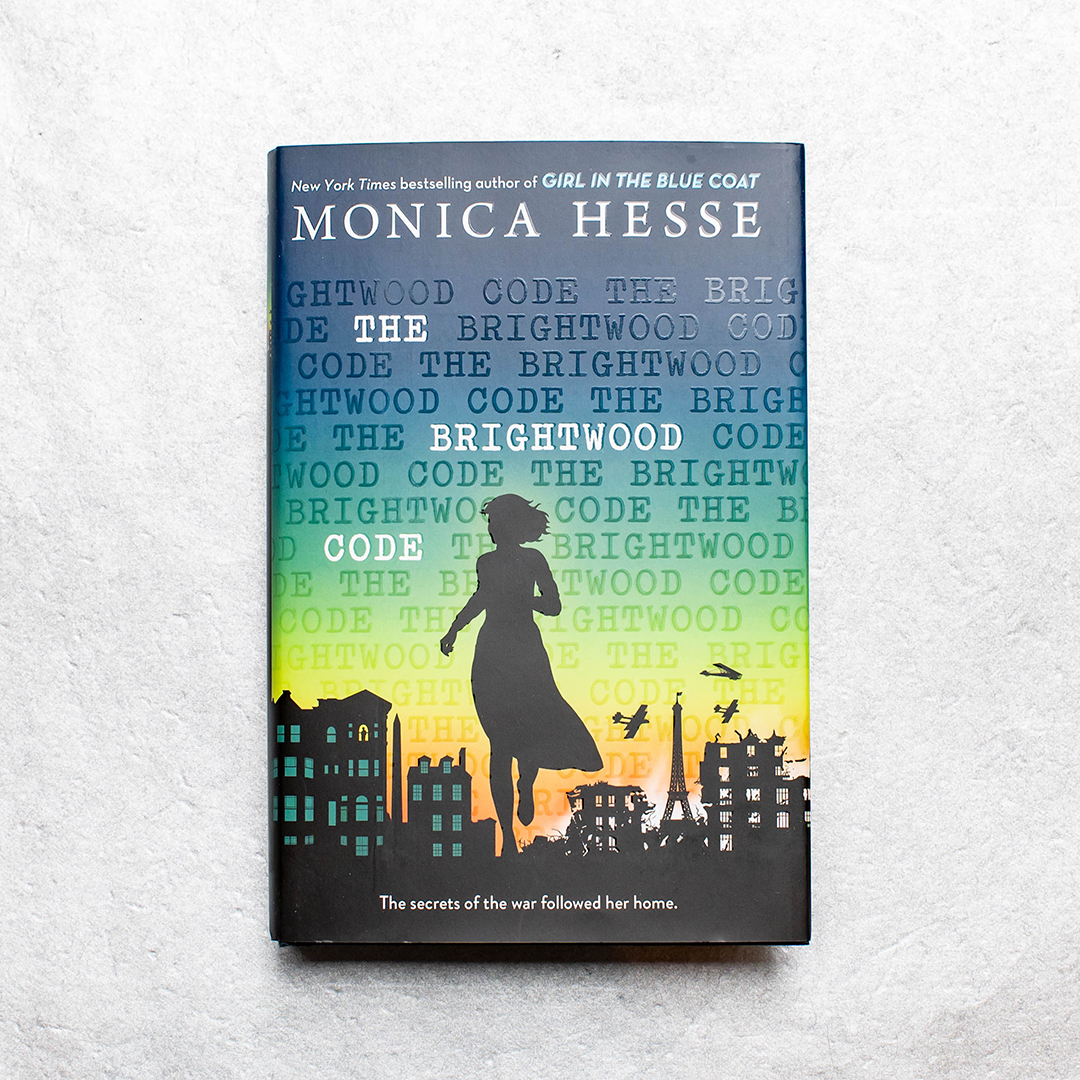
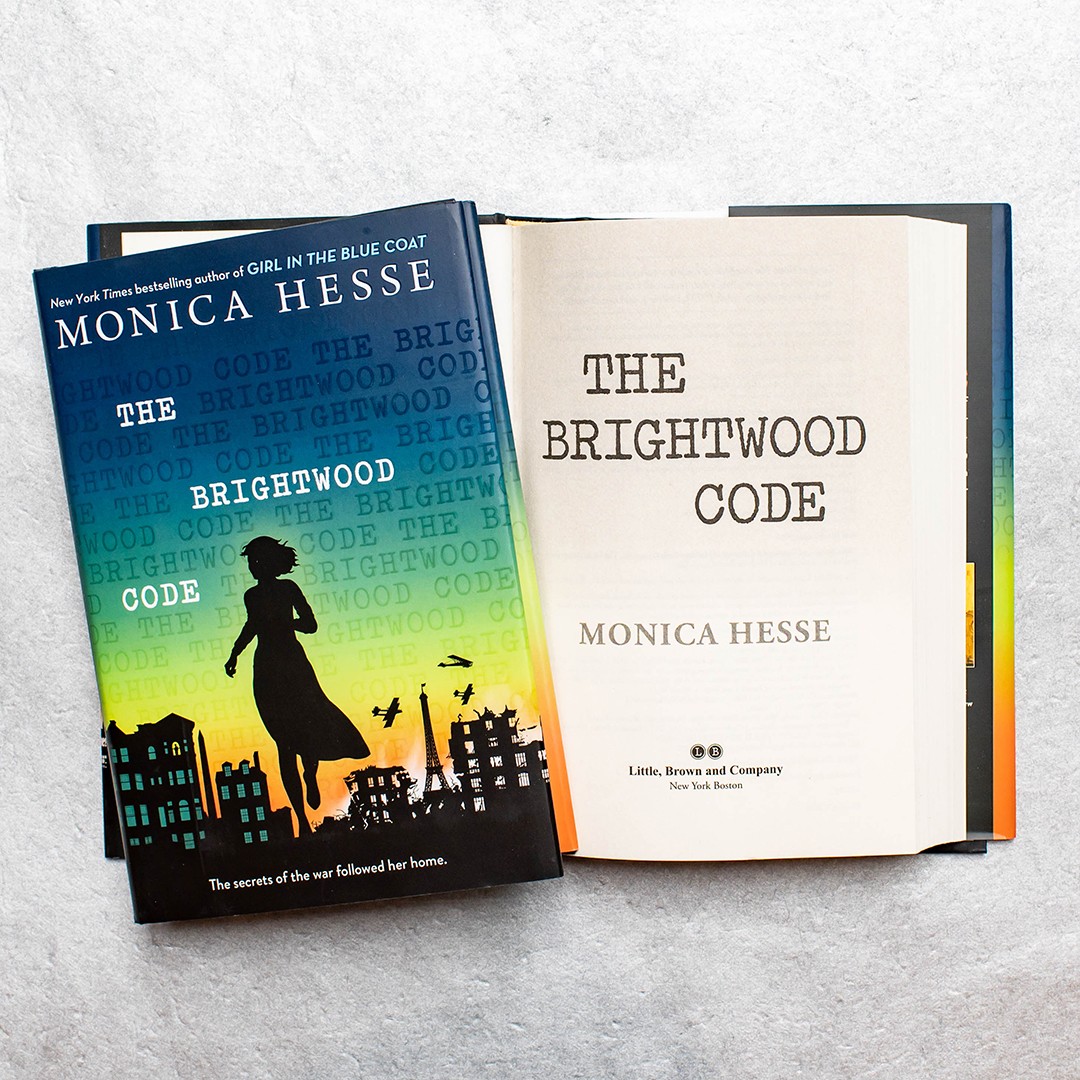
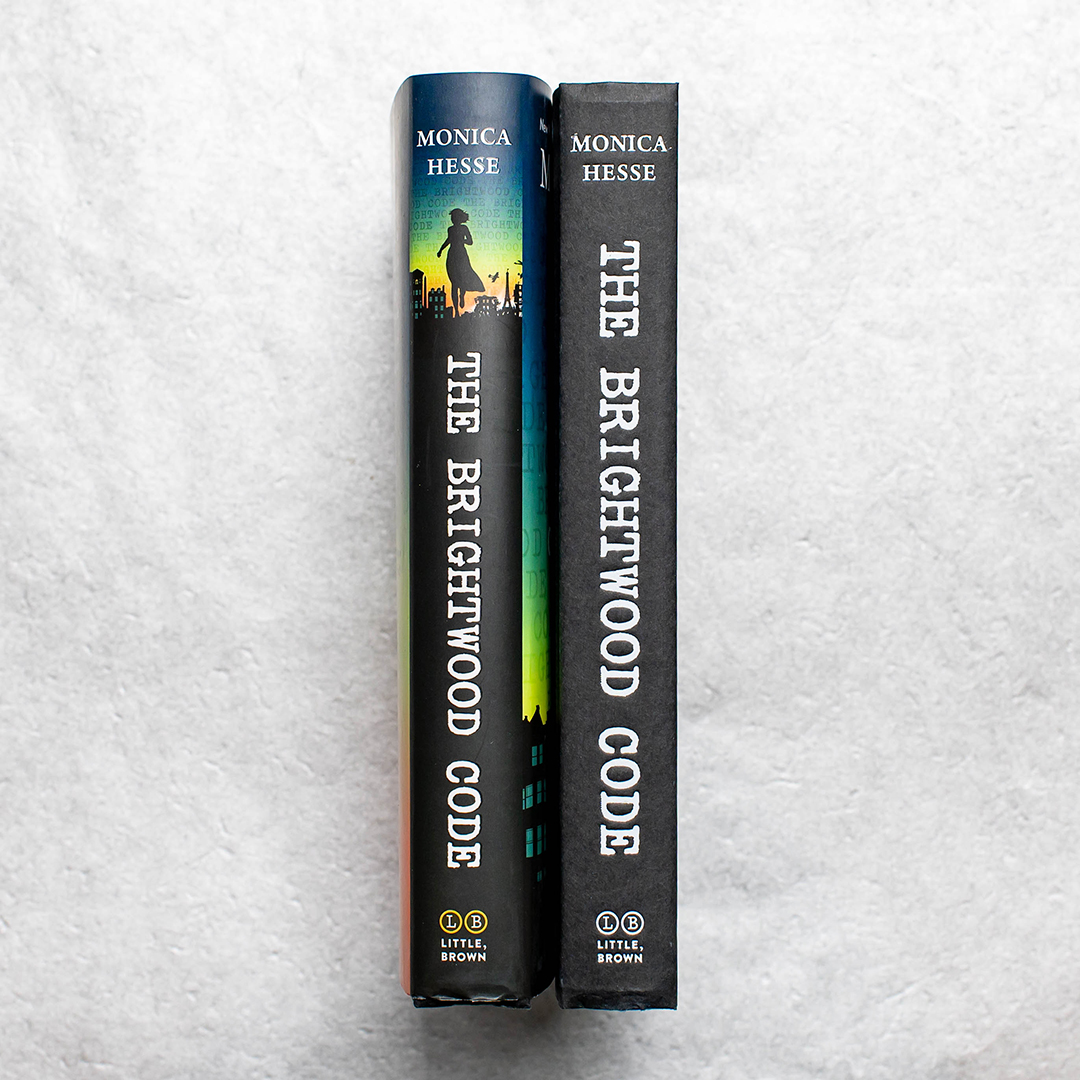
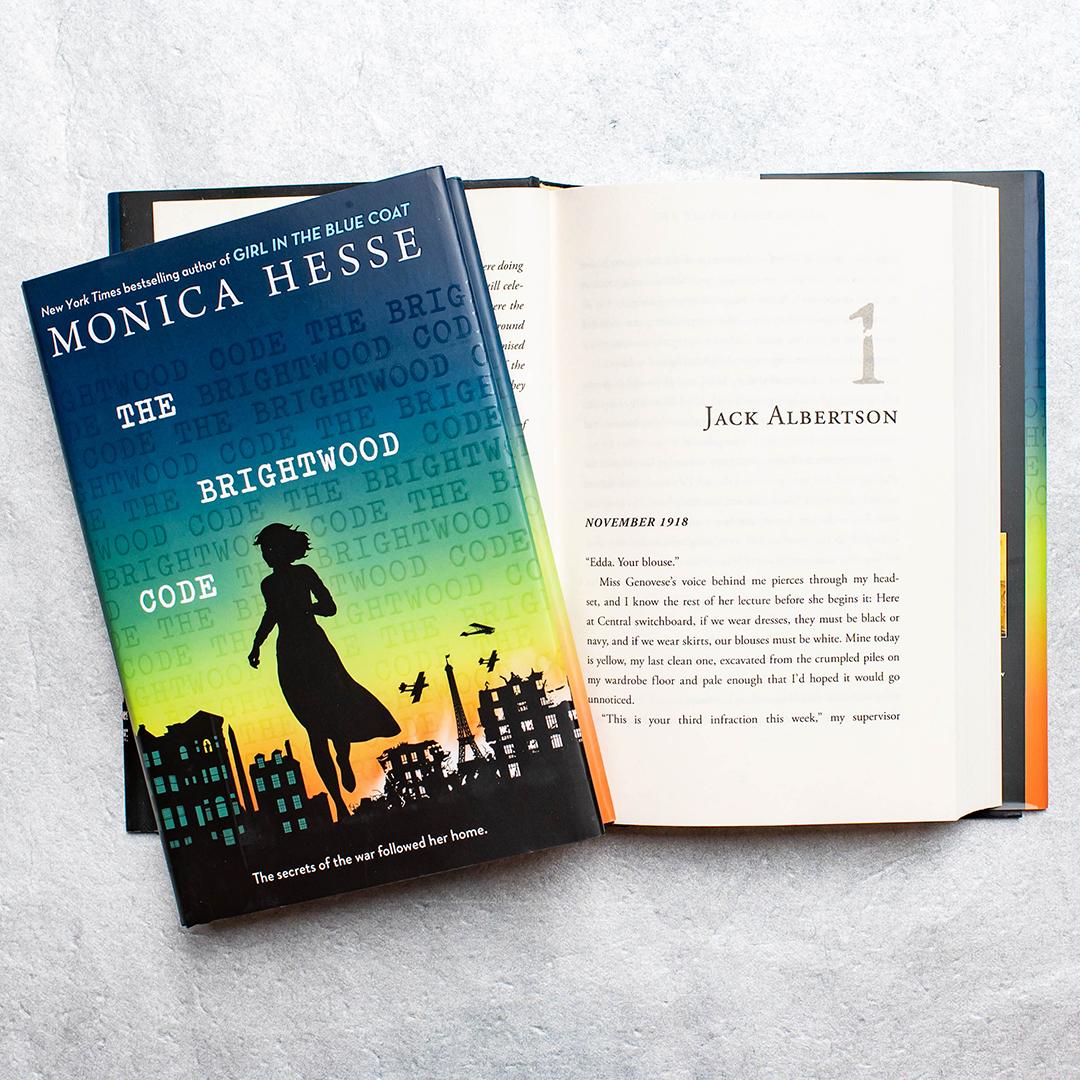
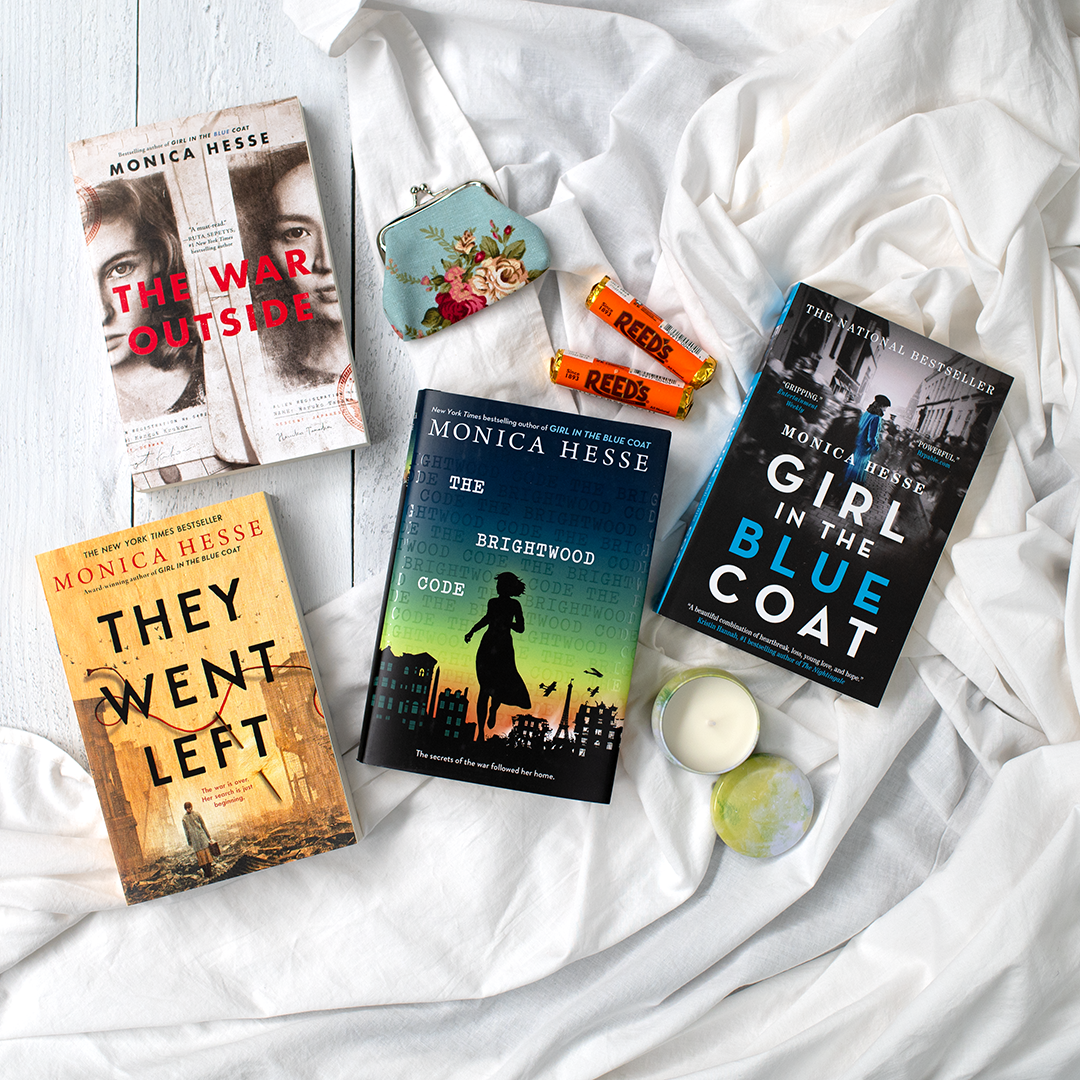
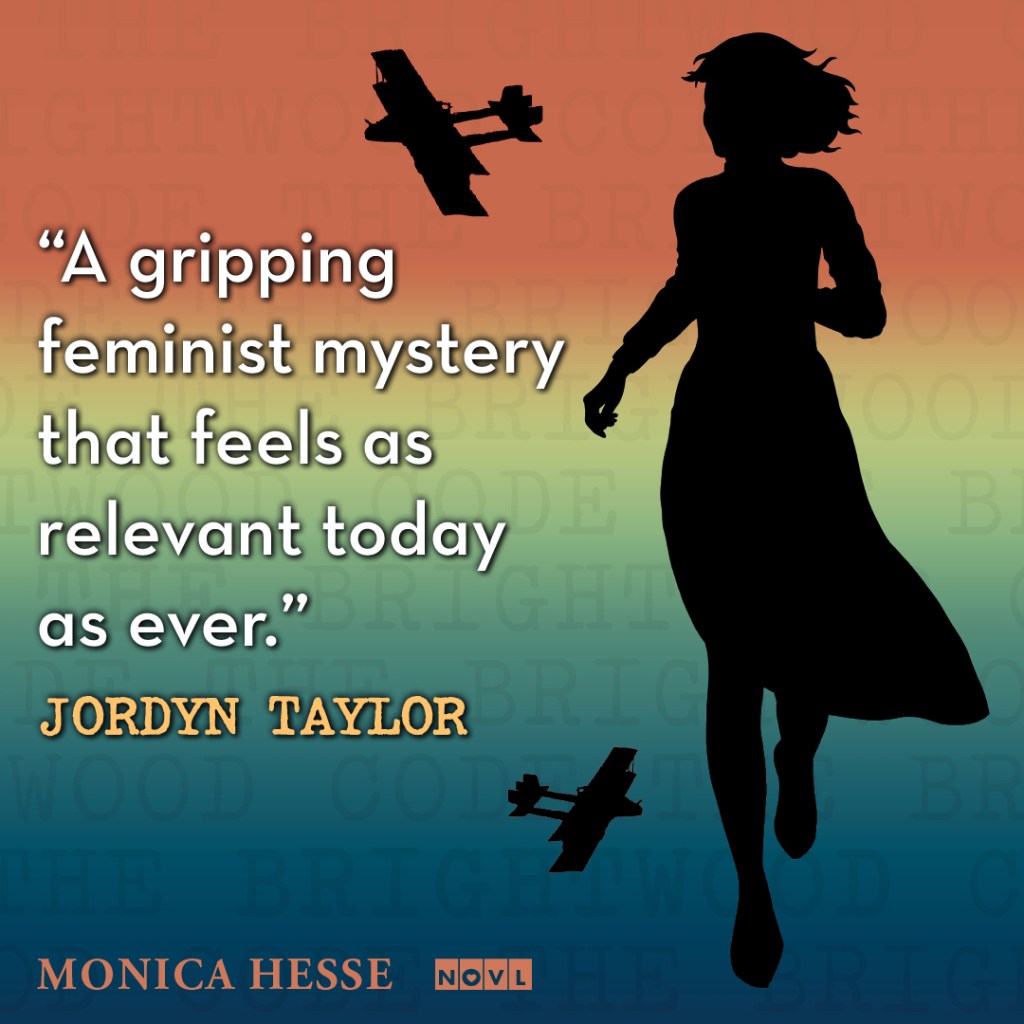
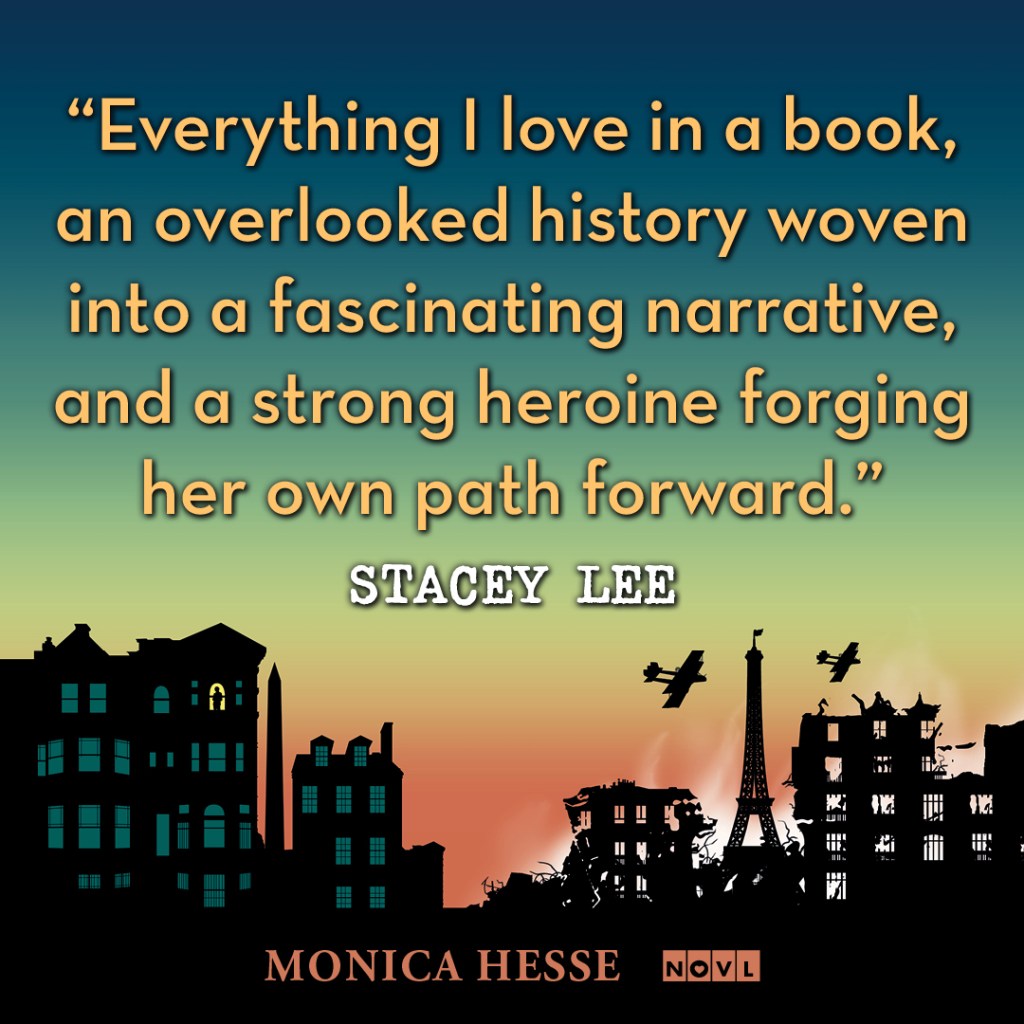
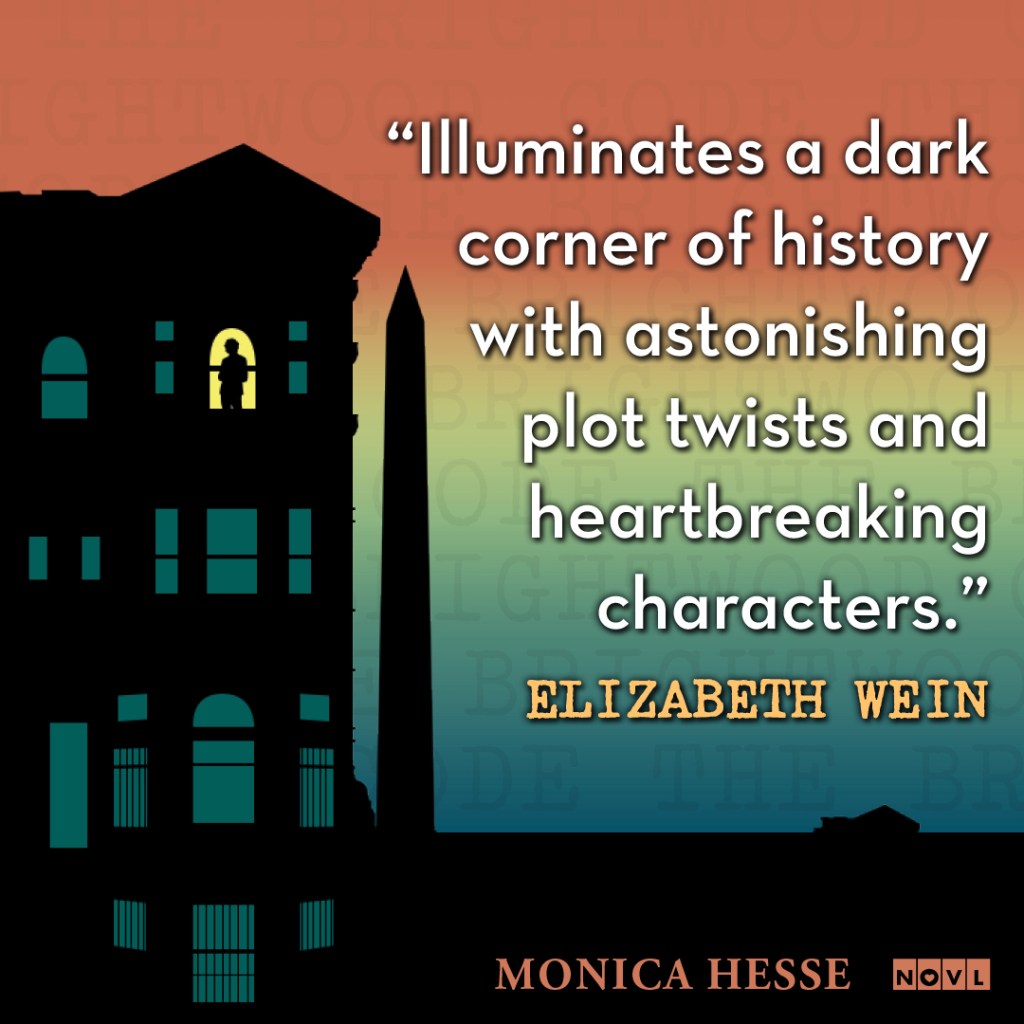
Events
Newsletter Signup
By clicking ‘Sign Up,’ I acknowledge that I have read and agree to Hachette Book Group’s Privacy Policy and Terms of Use







